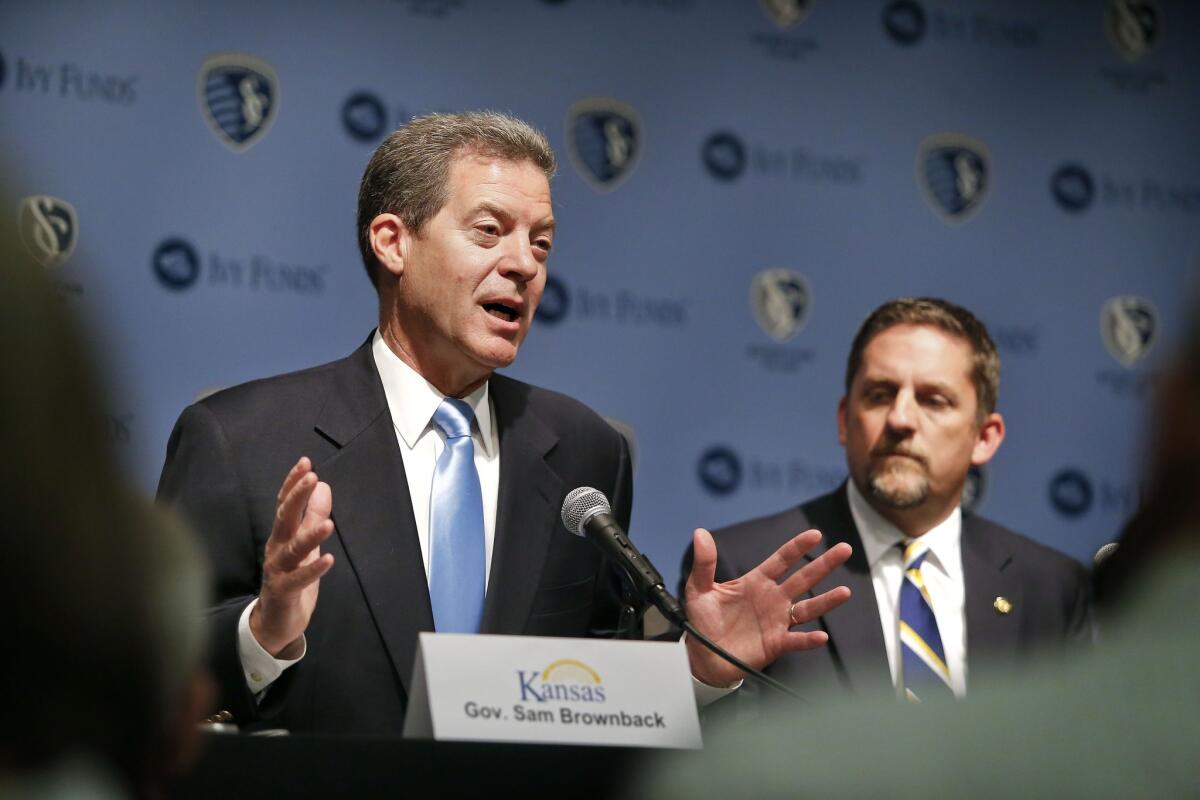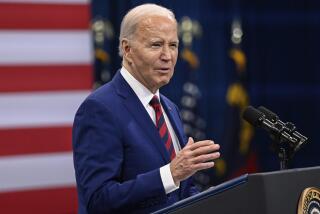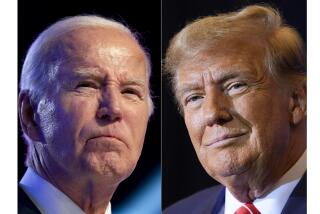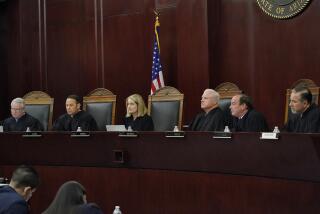State by state: Overview of 2014 governor races shows Democratic tilt

Tides roll in, tides roll out. It’s not just the ocean. Elections can work the same way.
Four years ago, Republicans had a smashing campaign season, seizing control of the House and piling up victories in Senate and gubernatorial races from sea to shining sea. Some of those swept into office were buoyed by the tea party-fueled wave.
Four years later, many governors now have to defend their seats under less favorable conditions.
That, succinctly, explains the dynamic in this year’s gubernatorial contests, which is more broadly discussed in this article focused on Republican Gov. Sam Brownback’s struggle in deeply red Kansas.
Of the 36 governors races on the ballot this November, 22 are for seats held by Republicans and 14 by Democrats, numbers that work in the Democrats’ favor in contrast to their struggle in House and Senate races.
Here are some gubernatorial contests to watch, based on interviews with nonpartisan analysts Jennifer E. Duffy of the Cook Political Report and Nathan Gonzales of the Rothenberg Political Report, as well as campaign strategists for the two major parties.
REPUBLICAN SEATS THAT DEMOCRATS COULD FLIP:
Florida: Gov. Rick Scott barely won election in 2010 and voters haven’t seemed to warm to the former healthcare executive. Perhaps the best thing Scott has going for him is his opponent, Republican-turned-independent-turned-Democrat Charlie Crist, whose partisan perambulations left him with plenty of critics on all sides.
Kansas: Brownback has pursued an aggressively conservative agenda, highlighted by a record cut in the state’s income tax, which has sent revenues plunging and many moderate Republicans running into the arms of his Democratic opponent, House Minority Leader Paul Davis. Brownback is trying to tie Davis to President Obama, who is overwhelmingly unpopular in the state despite his family roots. (Obama’s mother was a Kansan.)
Georgia: Gov. Nathan Deal has been dogged by an ethics scandal and his bungled response to a freak January snowstorm, among other missteps. The Democratic candidate is Jason Carter, the grandson of former President Jimmy Carter, who has been a strong fundraiser and may also benefit from heavy Democratic spending on behalf of U.S. Senate candidate Michelle Nunn, daughter of former Sen. Sam Nunn, who offers the party a rare pickup opportunity against businessman David Perdue.
Maine: Gov. Paul LePage barely won election in 2010 in a three-way race and has alienated a lot of people since, pursuing an aggressively conservative agenda in a state that twice voted handily for President Obama. LePage, who has waged high-profile fights with both state lawmakers and the news media, is in another three-way race this year, facing Democratic U.S. Rep. Mike Michaud and independent Eliot Cutler, who is reprising his candidacy of four years ago.
Michigan: Gov. Rick Snyder romped to victory in 2010, thanks in part to a cheeky ad campaign that portrayed him as “one tough nerd” and promised to bring a business sense to state government. He has taken on unions and other Democratic constituencies in this solidly blue state and organized labor is itching to oust him. Snyder’s Democratic challenger is former U.S. Rep. Mark Schauer.
Pennsylvania: Tom Corbett is the most vulnerable GOP governor in the country. He won election handily, but is deeply unpopular owing in part to his brusque personality and an economy that is still struggling from the Great Recession. Tom Wolf won the Democratic primary by spending freely from his personal fortune and Republicans, in a partisan turnabout, hope to make an issue of his business dealings.
South Carolina: Gov. Nikki Haley faces a rematch with state Sen. Vincent Sheheen, who lost relatively narrowly -- 51% to 47% -- in 2010 in another very red state. Since then Haley, who came from seemingly nowhere to win the 2010 GOP primary, has battled nearly as fiercely with Republican lawmakers, over ethics and other issues, as the Democratic opposition.
Wisconsin: A conservative folk hero after beating back a labor-led 2012 recall effort, Gov. Scott Walker is presumed to be eying a run for president in 2016. First, though, he has his hands full trying to beat back a strong challenge from Democratic businesswoman Mary Burke.
DEMOCRATIC SEATS THAT REPUBLICANS COULD FLIP:
Arkansas: Bill and Hillary Clinton’s old home state has undergone a dramatic blue-to-red transformation over roughly the last decade. Term-limited Gov. Mike Beebe has been tremendously popular but that doesn’t necessarily help Democratic U.S. Rep. Mike Ross, who is vying to replace him. Ross has out-raised GOP nominee Asa Hutchinson, who has a long political track record in both Washington and Arkansas. But the big question is whether the moderate Ross can differentiate himself enough from the national Democratic Party to win.
Connecticut: Former Stamford Mayor Dan Malloy just barely inched past Republican businessman Tom Foley in 2010. The two may face each other once more, only this time Malloy will have to defend a tax increase and the state’s less-than-stellar economic performance. Foley must first get past an Aug. 12 primary, however.
Illinois: Gov. Pat Quinn is the most vulnerable Democratic incumbent in the country. He has spent much of his term battling fellow Democrats in the legislature and his low approval ratings are cringe-worthy. His best hope is turning Republican businessman Bruce Rauner, a relative moderate with ample means to fund his campaign, into this blue state’s version of the beleaguered Mitt Romney.
DEMOCRATIC PRIMARY TO WATCH:
Hawaii: Gov. Neil Abercrombie has been a divisive figure in this overwhelmingly Democratic state going back to his emergence decades ago as part of a liberal wing challenging the more moderate Japanese-American establishment. Hard feelings resurfaced after a Los Angeles Times interview in which Abercrombie questioned whether the revered Sen. Daniel Inouye truly made a deathbed wish that Rep. Colleen Hanabusa be named his successor. (Abercrombie instead appointed his lieutenant governor, Brian Schatz.) Abercrombie has lost much of his financial edge over state Sen. David Ige, giving the underdog a shot in the Aug. 9 primary. GOP hopes rest on a battered Democratic nominee stumbling into a three-way November contest against former Honolulu Mayor Mufi Hannemann, running as an independent, and former Republican Lt. Gov. Duke Aiona, who was swamped by Abercrombie in 2010.
Follow @markzbarabak for more analysis of national & California politics
More to Read
Start your day right
Sign up for Essential California for news, features and recommendations from the L.A. Times and beyond in your inbox six days a week.
You may occasionally receive promotional content from the Los Angeles Times.







